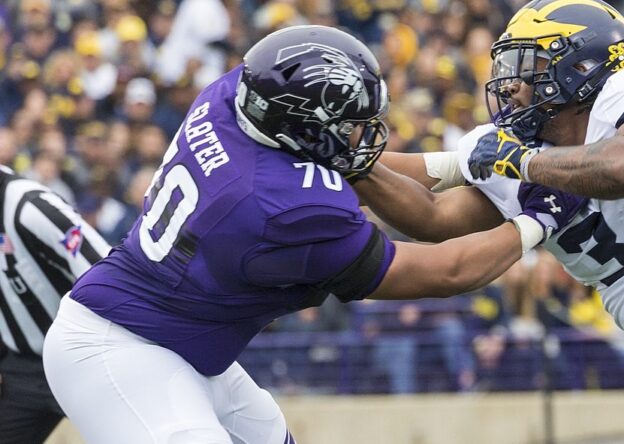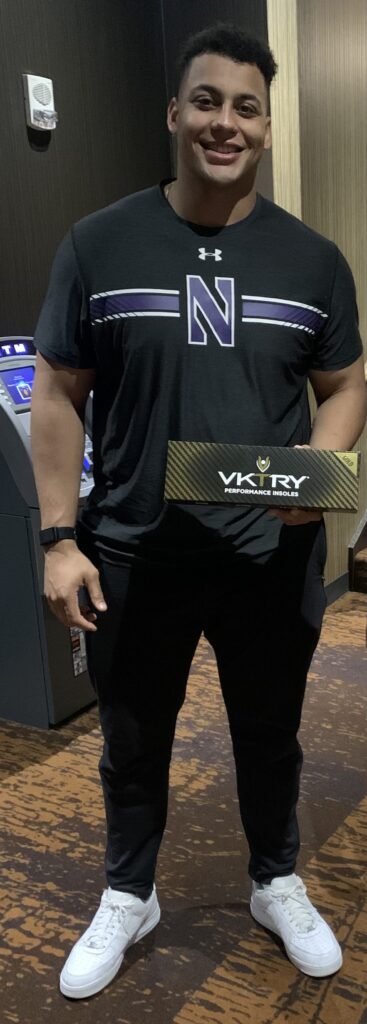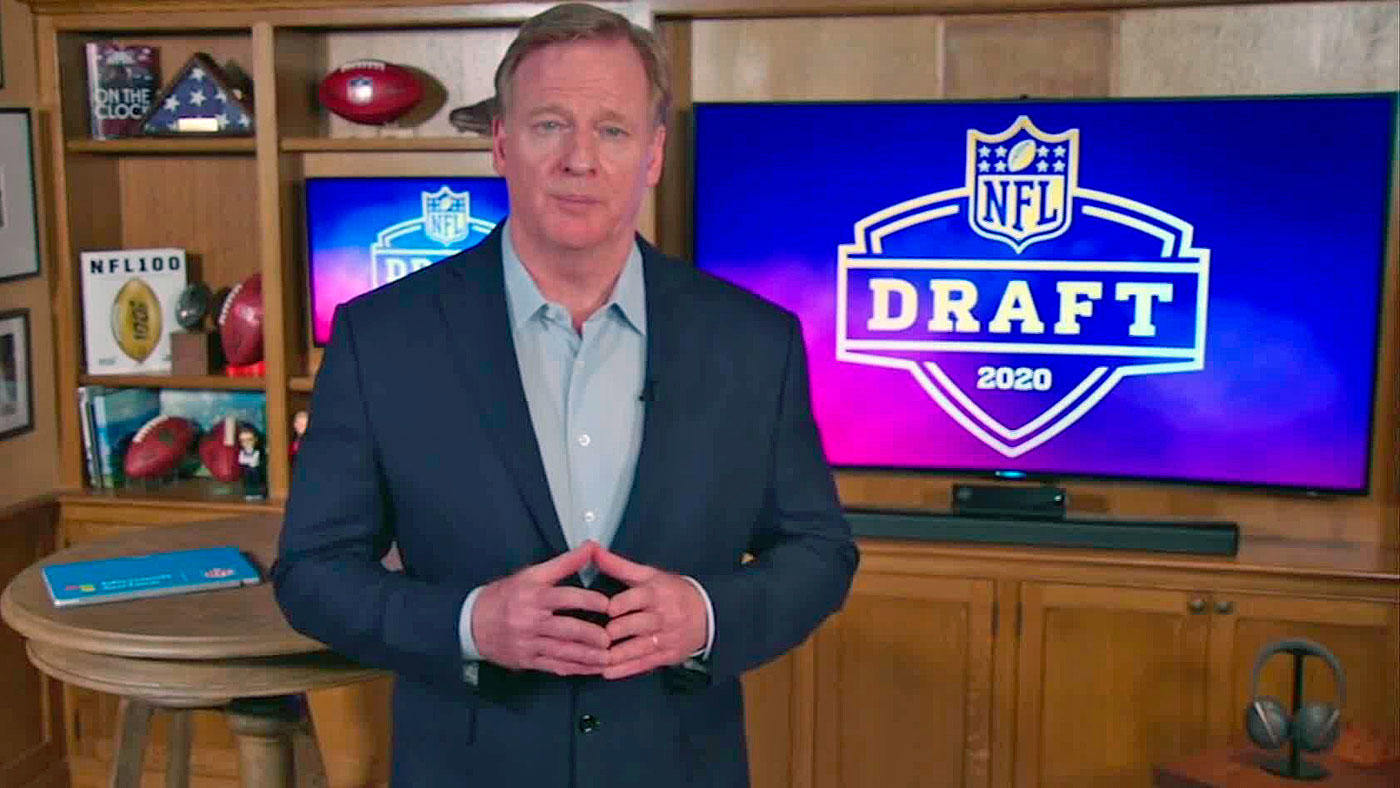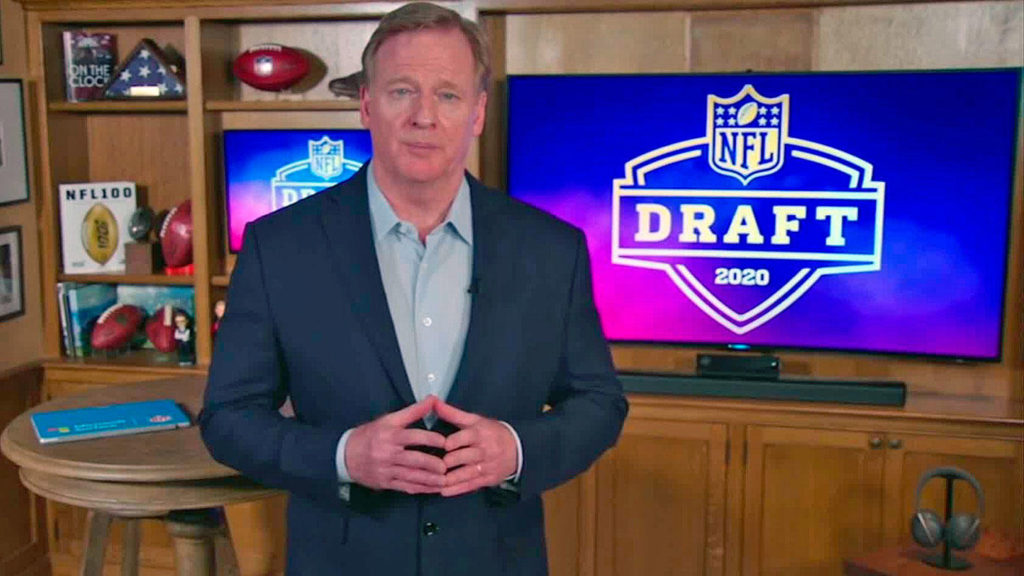Kitman Labs, the global enterprise SaaS platform providing the only single, centralized operating system today revealed its first-ever sleeper predictions for the NFL Draft, being held the next three days in Detroit Michigan.
For the 2024 NFL Draft, Kitman Labs used their Artificial Intelligence models on NCAA and NFL datasets from 2010 to present to identify players that they think will be successful in the NFL. Kitman Labs staff also spent significant time on site at the NFL Combine again this year, looking at all data sets provided and using their own AI to help project results.
Below highlights five sleeper picks, the Kitman AI believes could have significant potential for NFL success.
Bo Nix – Oregon – QB
NFL Draft Projection: 5th QB Selected
Kitman AI Projection: 73% chance of NFL Success – 1st QB
Looking like coming in at a 2nd round pick, Bo Nix ranks as the most likely Quarterback to be successful in this year’s NFL draft. Looking at his college stats it is easy to see why the model has this belief. 34 passing Touchdowns in your final college season are required by the model to have a significant increase in NFL success – Nix has 11 more. He also surpasses the threshold for Yards by nearly 700, his completion percentage is over 6% higher than required. While his rushing stats are not standout, the number of yards gained last season is high enough to show athletic ability, and his yards per carry is significantly over the threshold required by the model to increase his success rate.
Joe Milton III – Tennessee – QB
NFL Draft Projection: 10th QB Selected
Kitman AI Projection: 31% chance of NFL Success – 3rd QB
Something that is apparent when investigating what our model values in a successful NFL QB, is that it believes that a Quarterback must possess either absolute elite arm talent, or have the explosive rushing ability to make splashy plays. While the AI model highlights that Milton’s does not rank amongst the elite prospects in passing, and punishes him accordingly, it sees his rushing ability and gives him a significant chance of lasting several years in the league. Coaches and GMs may feel they can mould an athletic prospect, seeing future potential, and this phenomenon is something the AI may well be reaching back to.
Kendall Milton – Georgia – RB
NFL Draft Projection: 17th Drafted RB
Kitman AI Projection: 12% chance of NFL Success – 4th RB
The Kitman Labs AI model shows that an ability to get into the end zone in college is the number one indicator of future NFL success, far more so than yards, efficiency, or speed. With 14 rushing touchdowns in his final college season, Kendall Milton exceeded the required threshold for NFL success by 3 touchdowns. Our model also surprisingly rewards physical stature, with a taller running back being more likely to be successful. Perhaps this is due to a taller player’s greater ability to effectively carry mass, or their ability to participate in an NFL passing game. Whatever the cause, at over 6’1” Milton is one of the taller backs in the draft and the model rewards this accordingly. While Kendall Milton does have some drawbacks – the model penalizing him for lack of receiving ability, and him not hitting a required threshold in rushing yards – his ability to put points on the board see him nearly twice as likely to be a successful NFL running back than the average prospect at his position.
Malik Washington – Virginia – WR
NFL Draft Projection: 21st Drafted WR
Kitman AI Projection: 42% chance of NFL Success – 3rd WR
In a stacked 2024 WR draft class – our model rates this is by far the best class of the last decade and a half – it’s not surprising that some top tier talent is going to go in later draft rounds. However, our AI model surprisingly projects Malik Washington as being one of the top prospects in this year’s class. College receiving yards is the main indicator of future NFL success and longevity, and with 1426 yards in his final season Washington has approximately 40% more yards than the model believes necessary for a significant increase in NFL success probability. His 40 time of 4.47 seconds is also deemed fast enough to stand up in the NFL. Though this is right on the threshold our model has identified, in combination with his receiving yards and other statistics it significantly increases his chances of success. Interesting nugget; Washington did not participate in the 20-yard shuttle in the combine, but the AI has inferred from his other statistics he would have excelled at this.
Tahj Washington – USC – WR
NFL Draft Projection: 29th Drafted WR
Kitman AI Projection: 22% chance of NFL success – 15th WR
Tahj Washington is a curious case for our AI model. Not having participated in the 20-yard shuttle, the 3 cone drill, or the 40-yard dash at the combine, there are a lot of unknowns about this player. However, given his receiving yards, and his strong showing in both the broad jump and vertical leap, the model has inferred that he would have competed well, particularly in the 20-yard shuttle. Having completed these tests at his pro day, a dataset the AI had no access to, we can see he is potentially slightly below average in the 40 and 20 yards drills, but elite in the 3 cone drill. How this information would have influenced the models is unclear; however, overall the 3 cone drill ranks as the third most important feature for projecting success, so while the exact inference was wrong the model has seemingly correctly identified some possible elite athletic behavior from other available statistics. Washington still only ranks as 15th in our list of receivers, but given he is projected to be a day 3 pick and his success probability is twice that of an average WR, he still may present significant value in the draft.






